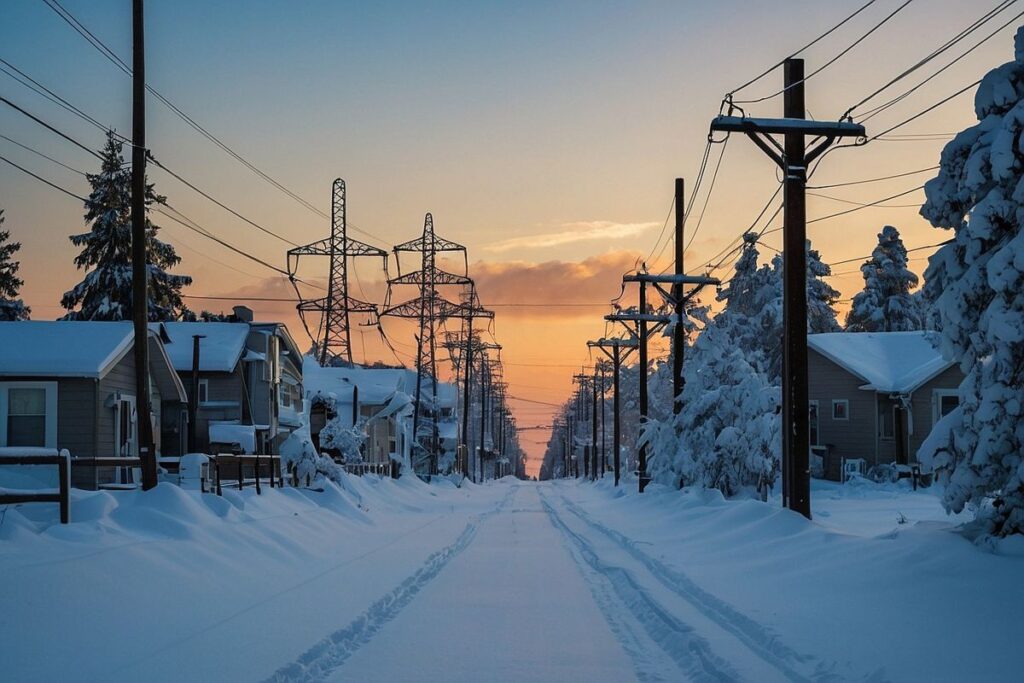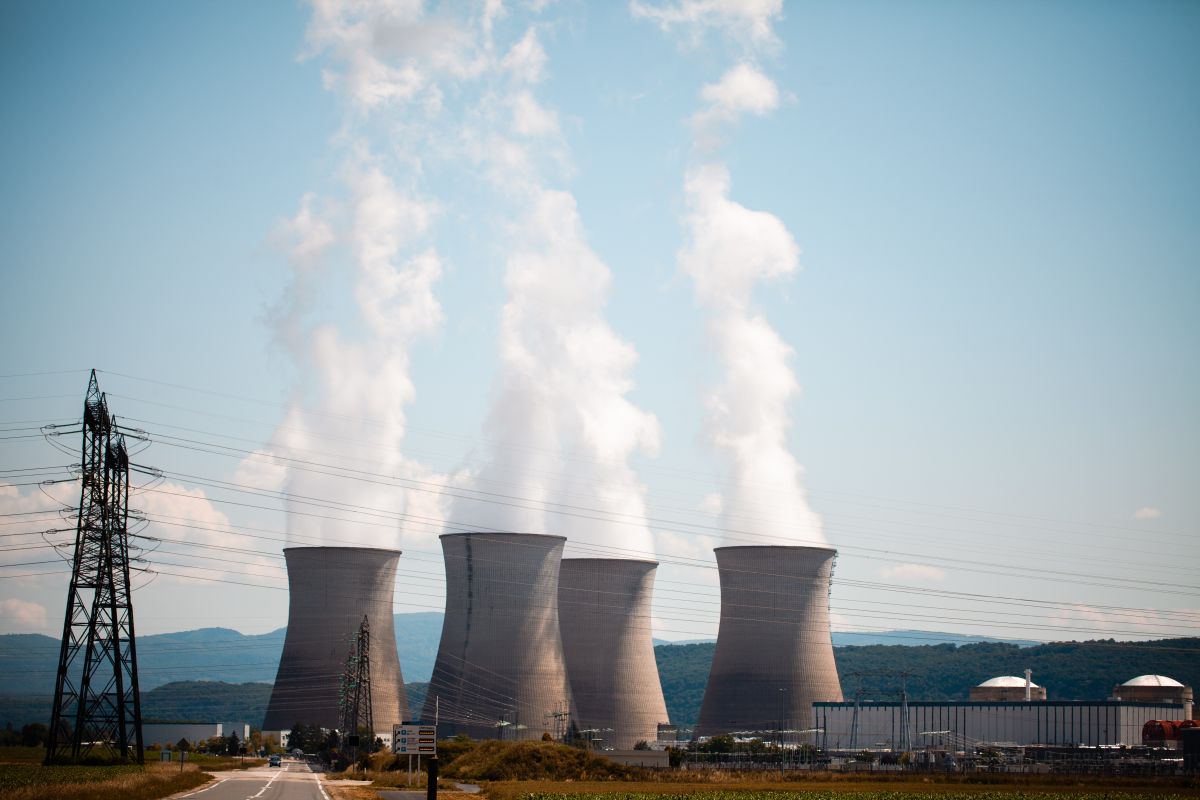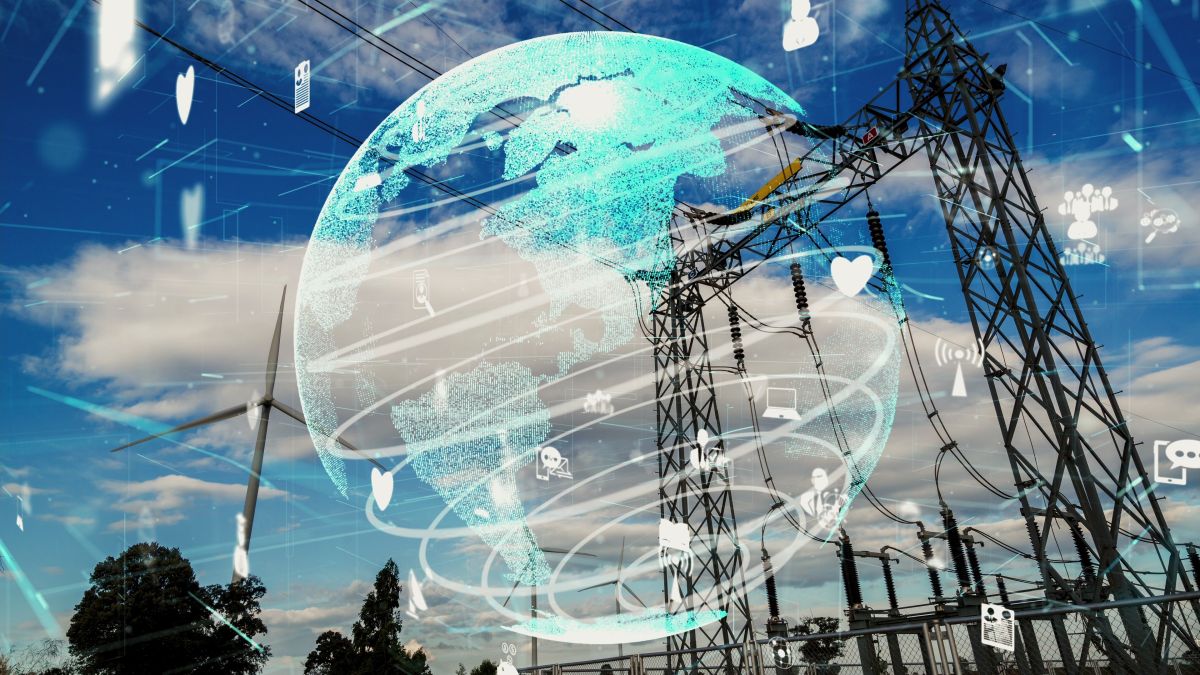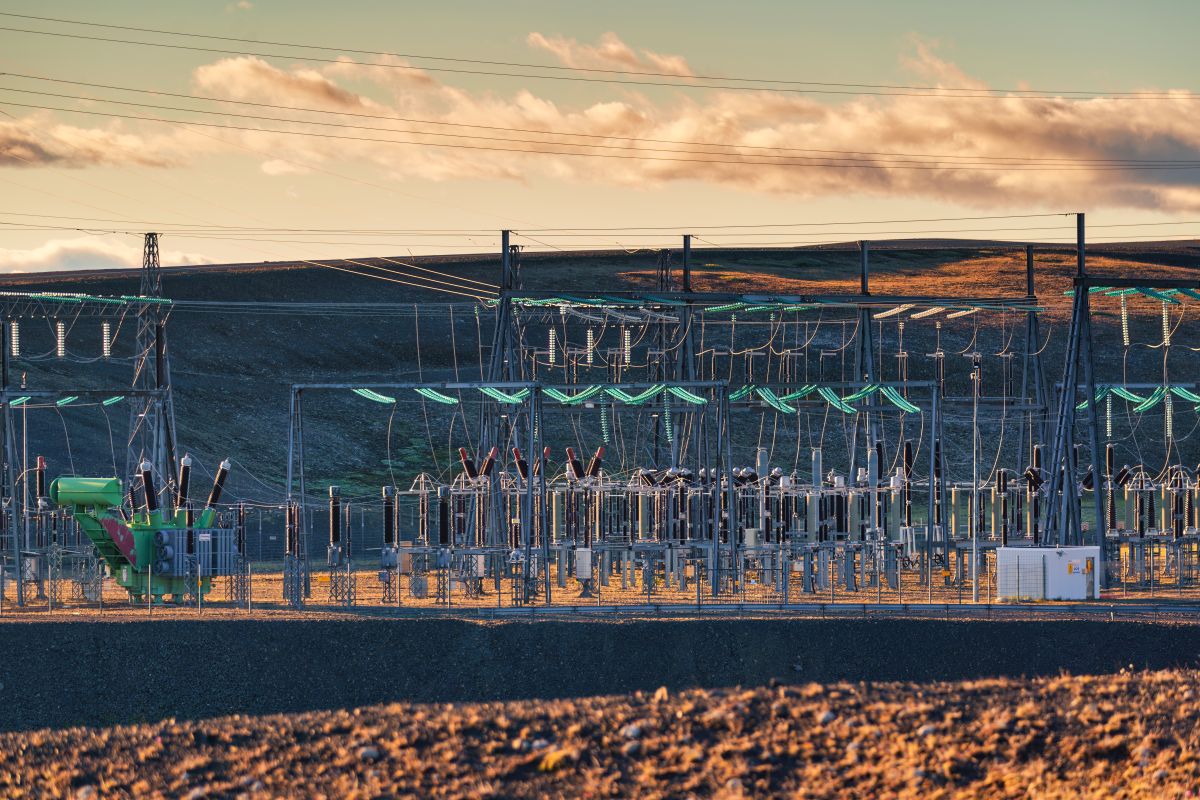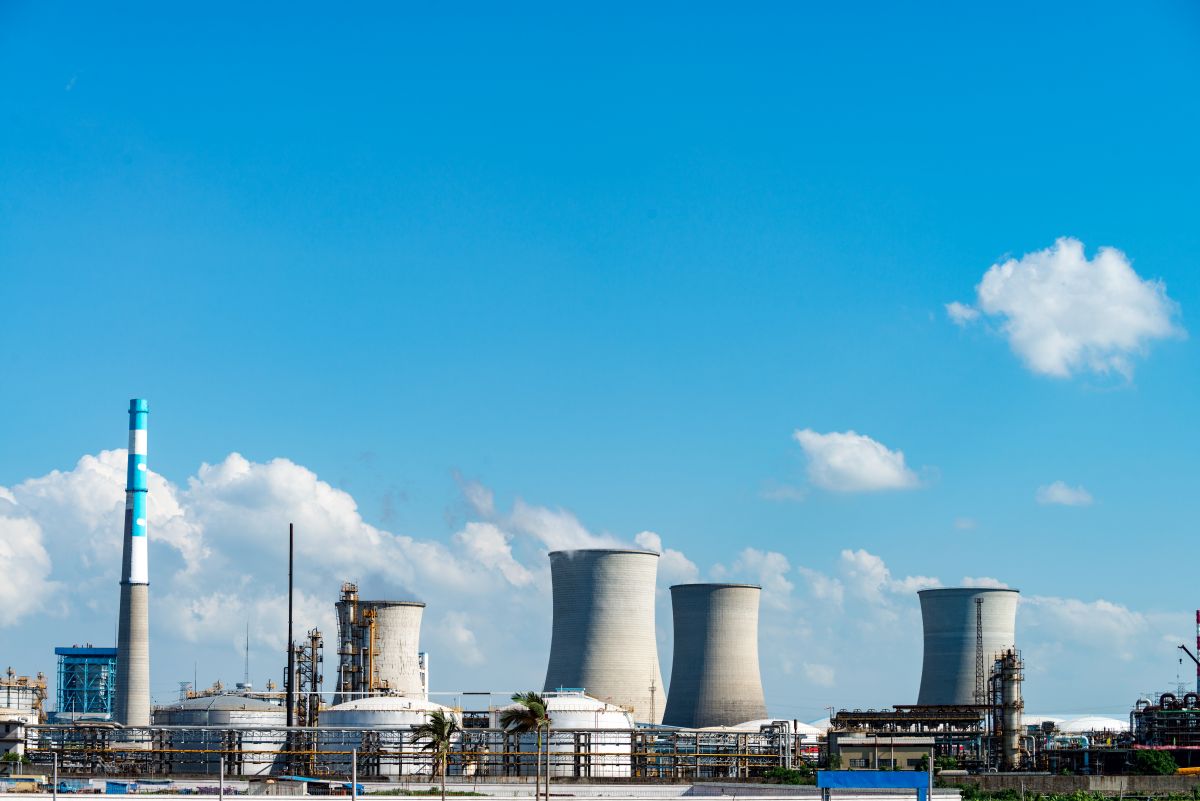The new EOP-012-2 standard, set to take effect on October 1, 2024, represents a critical step in strengthening the reliability of the Bulk Electric System (BES) during extreme cold weather events. Developed by NERC and approved by FERC, this standard directly responds to weaknesses exposed by Winter Storm Uri in 2021 and Winter Storm in Chicago. This blog provides an overview of the new standard and its implications for utilities.
Related Blog: Emerging Trends in Grid Security and NERC Compliance Challenges
Why EOP-012-2 Was Necessary
Winter Storm Uri in 2021 highlighted significant vulnerabilities in the US energy grid, particularly in the southern states, where extreme cold weather caused widespread blackouts. Many generating units failed due to inadequate freeze protection and preparedness. The FERC-NERC Joint Inquiry Report recommended adopting standards to address these gaps. EOP-012-2 ensures that Generator Operators implement effective cold weather protection measures, safeguarding the grid from similar failures during future extreme weather events.
Key Enhancements in EOP-012-2
EOP-012-2 introduces several critical improvements over previous standards. These enhancements include more precise guidelines for cold weather preparedness plans, freeze protection measures, and the scope of generator unit compliance. It also requires that Generator Owners (GOs) provide annual training to relevant personnel and develop corrective action plans for deficiencies. These improvements directly address the vulnerabilities of previous cold weather events, ensuring that generator units are better equipped to handle extreme temperatures and prevent power outages.
Requirements Under EOP-012-2
EOP-012-2 contains seven key requirements that Generator Owners must comply with to ensure cold weather reliability:
- R1: Every five years, Generator Owners must calculate the extreme cold weather temperature for their units, update preparedness plans if needed, and document supporting data. They must also identify cold weather operating limitations and provide evidence of minimum temperature performance, fuel concerns, and other related factors.
- R2: Implement freeze protection measures for generating units that entered commercial operation after the effective date. These units must be able to operate for at least 12 continuous hours under extreme cold weather conditions.
- R3: By October 1, 2027, Generator Owners with units operating at or below 32°F must implement freeze protection measures for critical components to ensure operation at the unit’s extreme cold weather temperature. If unable to do so, they must develop a Corrective Action Plan to modify or add freeze protection measures.
- R4: Each Generator Owner must implement and maintain cold weather preparedness plans for their generating units, including the lowest calculated extreme cold weather Temperature and relevant cold weather data. The plan must also document critical components, freeze protection measures, and annual inspection and maintenance, with evidence of its implementation and upkeep.
- R5: Provide annual training to relevant personnel responsible for cold weather preparedness, ensuring they are equipped to implement the preparedness plans.
- R6: Develop a CAP within 150 days if any generating unit experiences a cold weather reliability event, addressing the cause and identifying any needed improvements.
- R7: Implement CAPs developed under R1, R2, R3, or R6 or provide documented explanations for any constraints preventing corrective actions.
The full list of requirements for the standard can be viewed here.
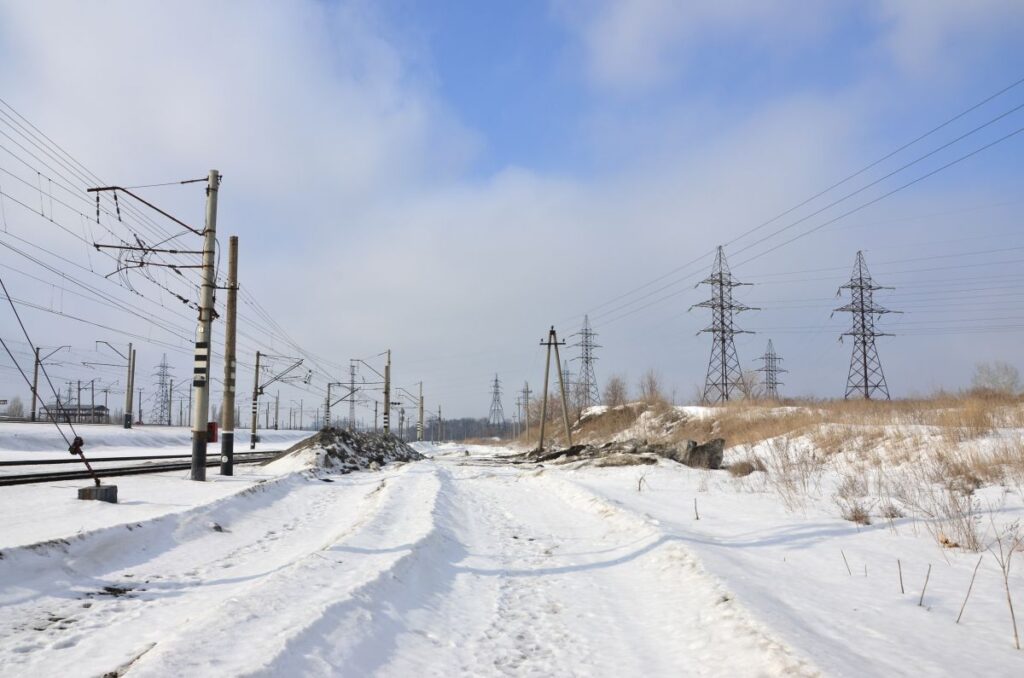
The Importance of Corrective Action Plans
One of the core elements of EOP-012-2 is the development and implementation of Corrective Action Plans (CAPs) when generating units face extreme cold weather reliability events. CAPs ensure that any deficiencies in preparedness or equipment are identified and addressed promptly. Generator Owners must explain any technical, commercial, or operational constraints preventing corrective actions and regularly update their CAPs. These plans play a crucial role in maintaining the reliability of generating units during future colder weather events.
Conclusion
Conclusively, implementing EOP-012-2 significantly improves how the energy sector prepares for extreme cold warning. By mandating freeze protection measures, comprehensive cold weather preparedness plans, and ongoing personnel training, this standard helps ensure the reliability of the Bulk Electric System during future cold weather challenges. With its effective date approaching, energy operators must proactively comply with these requirements, ensuring their generating units are fully prepared for extreme cold conditions and safeguarding grid stability.
For information on how Certrec can help you prepare for this new standard, visit www.certrec.com or contact us at NERCExperts@certrec.com.
Disclaimer: Any opinions expressed in this blog do not necessarily reflect the opinions of Certrec. This content is meant for informational purposes only.



